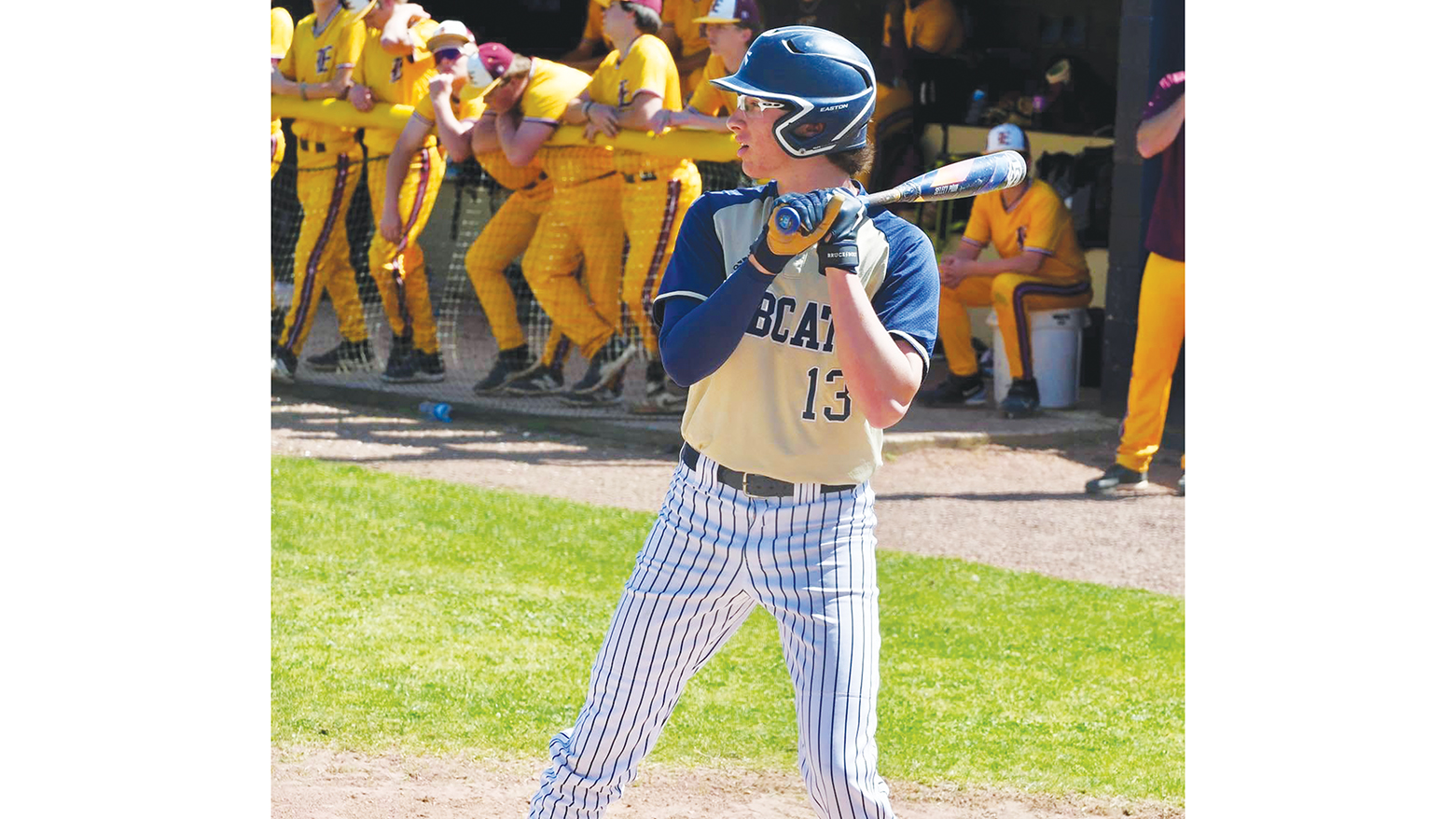Rising temperatures cause health concerns
Published 8:06 pm Saturday, July 11, 2015
Living in the south affords residents milder winters but also hotter summers. With temperatures sliding into the upper 90s heat-related injuries are bound to happen, but they are treatable and preventable.
Sandra Martin is a registered nurse and paramedic with Emergency Medical Services at King’s Daughters Medical Center and has been working in the medical field for more than 23 years.
She said that KDMC EMS has received 10 heat-related calls since the summer started. Reports have shown that most of them have occurred while someone was working in the sun.
The Mississippi State Department of Health lists heat exhaustion as a milder form of heat-related illness that can result from overexposure to high temperatures without adequate water.
The MSDH site lists warning signs as heavy sweating, paleness, muscle cramps, tiredness, dizziness, headache, nausea or vomiting and fainting.
Martin said that when you see symptoms, the first step is to remove the person from the hot area into a cooler place. She said next steps should be to remove outer clothing and apply cool water by way of wet rags on the forehead or elsewhere on the body. She said that cold water should not be used because if a person cools off too fast they will start shivering.
“And, of course, call for help. If the person is conscious enough, get them to drink some cool water or something cool,” Martin said.
To avoid getting to this condition, Martin encourages everyone to be aware of their surroundings and stay hydrated by drinking plenty of liquids.
If not monitored correctly symptoms can turn into those for heat stroke.
“If you’re sweating profusely, it’s a sign of overheating,” Martin said. “And if you were sweating a lot and notice you’re not anymore, you need to seek medical attention.”
The absence of sweat along with red and hot skin is one of the main warning signs of a heat stroke as outlined by the MSDH. Heat stroke occurs when the body’s temperature rises quickly causing the sweating mechanism to fail, making the body unable to cool itself down. Other signs include an extremely high body temperature of 103 or above, rapid pulse, throbbing headache, dizziness, nausea, confusion and unconsciousness.
MSDH recommends calling for immediate medical assistance, removing the victim from the heat source, cooling the victim by immersing them in a tub of cool water, placing the person in a cool shower, spraying them with cool water, sponging with cool water or wrapping the person in a cool wet sheet while fanning them. They emphasize not giving the victim any fluids to drink in the event of heat stroke.
More information about heat exhaustion and heat stroke can be found on the MSDH website at www.msdh.ms.gov under the link for Skin Cancer and Sun Safety.
Martin said that everyone should be aware that young children and older people are more sensitive to heat than the average adult. She said that children as well as the elderly overheat faster.
Brookhaven Police Chief Bobby Bell said when people see children or animals shut in hot cars, they should call the station. He said one day he checked the temperature inside his truck after getting back in with the windows up, and the temperature was 102 degrees Fahrenheit.
“Just don’t leave them in there,” Bell said.
He said some people are going into the store for a few minutes but anything can happen, such as seeing someone they know and spending a little too long catching up.
“Just be mindful,” he said.
He suggests always taking children inside of the store when traveling around the city with children this summer.
Along with constant hydration the MSDH also continues to recommend the usage of a sunscreen rated SPF-30 or higher with both UVA and UVB protection, covering up to protect exposed skin, a wide-brimmed hat and sunglasses.





